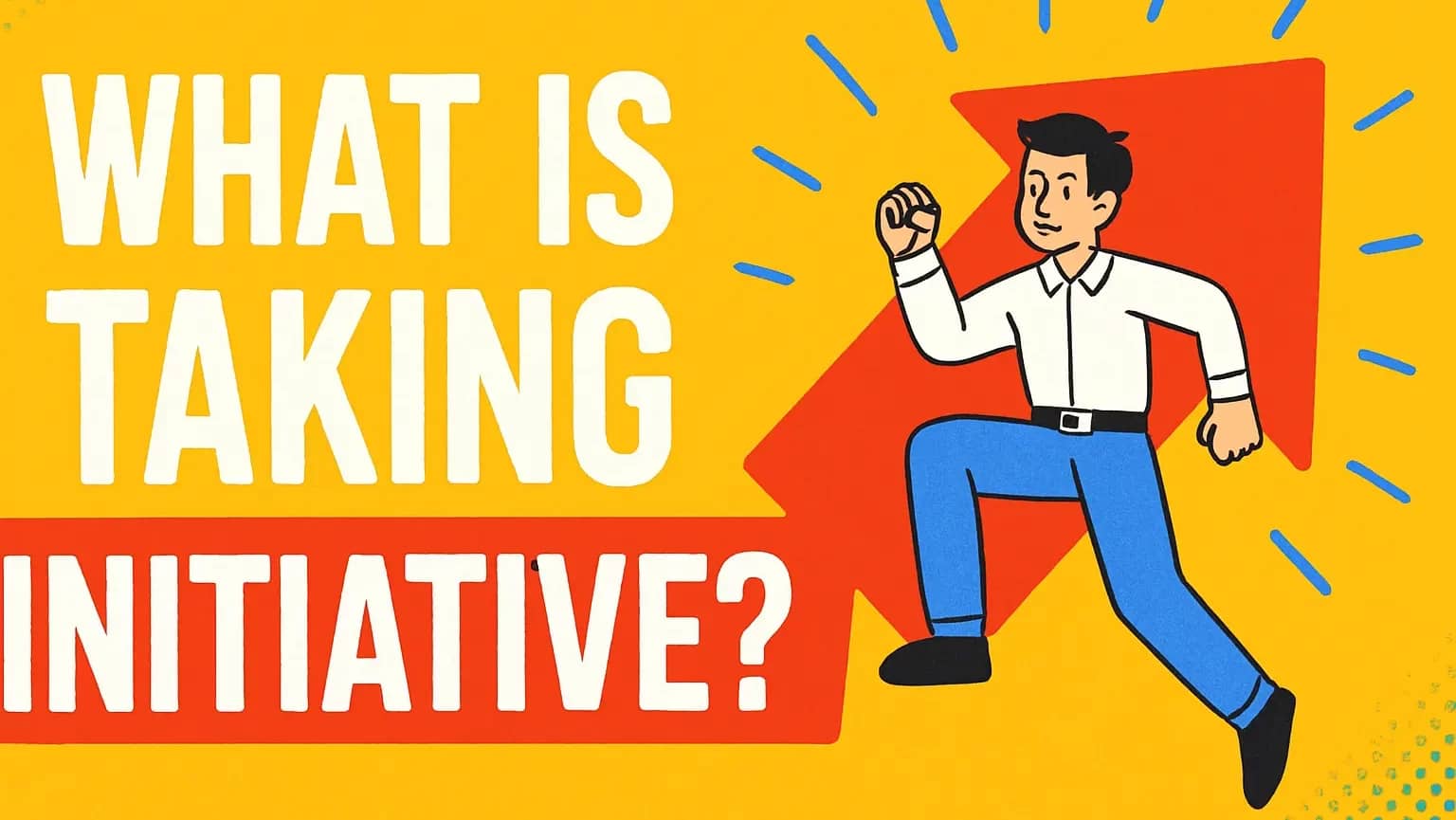Can money buy happiness? Yes—but only to a certain extent. Can money fuel greed? Sometimes—but not always. While wealth can open doors and provide opportunities, it cannot solve every problem or fill every void.
Research by Matt Killingsworth of the University of Pennsylvania found an interesting trend: happiness increases as income surpasses $100,000 but eventually plateaus. In other words, more money does not always mean more fulfillment.

Maybe you have achieved financial success but still feel a sense emptiness that money cannot fill. You spent years chasing wealth, pouring your time and energy into building financial security—yet something still feels missing. Or perhaps you are on the path to financial success, but you are beginning to wonder: Will this truly bring me happiness?
If that sounds familiar, you are in the right place. In this article, we will explore 10 priceless things money cannot buy—and why understanding them can help you cultivate a deeper, more fulfilling life.
Let us dive right in!
The true meaning of wealth
Many people equate wealth with flashy cars, luxurious homes, and a fat bank account. Society conditions us to believe that true wealth comes from material possessions—but what if I told you true wealth has nothing to do with money?
There is a difference between being financially wealthy and being spiritually wealthy. Money is just a tool—a piece of paper that loses value over time due to inflation. However, your character, values, and impact on others never lose value. When your time comes, your tombstone will bear your name, the years you lived, and a brief epitaph, not how much money you’ve accumulated.

That said, financial wealth is crucial. We should strive for it to create stability and security for ourselves and our loved ones. However, our ultimate goal should be to become the most impactful person someone has ever met rather than just the richest. Because at the end of the day, who you are matters far more than what you own.
10 invaluable things money can’t buy
Money can buy a lot: security, financial peace, and even that dream vacation you have been longing for. But there are some things money can’t buy.
Ultimately, acquiring these priceless things comes down to you. You will never obtain these things by paying for them but by earning them through your actions. Even the wealthiest men in the world at the moment—Elon Musk and Jeff Bezos—cannot buy more of these things.
Here are just a couple of them:
1. Time
As you grow up, there is one thing that never changes: the 24 hours you get daily. Time is priceless—always moving, never slowing down or speeding up, although, at times, it may feel like it does. To get more time, you reduce how much time you waste and master time management.

No matter how much money you have in the bank, you cannot buy more time. You can always earn more money, but that money will not buy you more time. Any time you waste is time you will never get back.
2. Self-love and love from others
Love is one of the most powerful emotions we naturally crave. This love provides trust, care, and intimacy, which money cannot buy. While wealth may bring people closer, love is not what draws them in. If you keep thinking money is the bridge to great relationships, you will later realize they are not here for you—they are here for what you have.
To build self-love, you cannot rely on money to do the work for you. Developing genuine self-love requires embracing your flaws, appreciating your growth, and reshaping negative thought patterns. All of these are processes that money cannot speed up.
3. Success
The hard work, mindset, patience, and discipline required for success have no price tag attached to it. It doesn’t mean these qualities are free, but rather, achieving them isn’t something money can buy; they can only be developed and taught, not bought. Our daily habits determine our success, and money can’t buy that.

While the idea of money might motivate us to work harder, relying solely on financial incentives can only take us so far. Soon, our love for the work fades, and we end up miserable—this is why working an unfulfilling job can feel miserable despite its high salary. The thought of accumulating wealth might push us to work harder, but true success comes when we rely on discipline and mindset, not just money.
4. Intelligence
Simple Psychology defines intelligence as “the mental capacity to learn from experiences, adapt to new situations, understand and handle abstract concepts, and use knowledge to manipulate one’s environment.”
That said, your grades, GPA, or the university you attend do not define your intelligence. Instead, your ability to learn, think critically, and solve problems determines it all. Money can buy expensive college tuition, but it will not always buy your willingness to learn, think, and innovate.
5. Confidence
When you wake up in the morning and look at yourself in the mirror, who do you see? Do you see somebody that’s strong and courageous or do you see somebody that you don’t like.

True confidence starts with being happy with the person you see in the mirror. Having a lot of money in the bank may help you feel financially confident, but this does not always correlate to self-confidence. In other words, you can have a lot of money, but this will not automatically erase all your insecurities. The only way to develop this inner confidence in yourself is by building love within yourself, which money will not do for you.
6. Better health
Many people spend money on gym memberships and healthier foods, yet some still struggle to get in shape. Why? Because the quality of your health isn’t determined by money—it’s determined by the time you commit, your discipline, and your patience.
You can invest in the best gym, the healthiest foods, and expensive courses. However, if you are not consistent, you will not see change. It’s like buying the best running shoes but never taking a step. Ultimately, health is wealth and is what will contribute to a healthier and happier life.
7. Purpose and direction in life
Your life is like a car with you in the driver’s seat, steering that car where you want it to go. A sense of purpose is powerful; it shapes your decisions, influences your habits, and guides you toward fulfillment. Discovering your purpose is a process that money cannot help you with.
To discover your purpose, you must take the time to reflect on your values and ask yourself: What would I do for the rest of my life if money was not involved? The answer will not come overnight, which is why you must invest time and energy—not money—into finding it.

Additionally, money may be the deadliest trap that pulls you away from your purpose. Just because a career is lucrative does not mean it will bring you happiness. Financial wealth does not determine success—it is about pursuing what genuinely fulfills you and gives your life meaning.
8. Character
“I’ve learned that people will forget what you said, people will forget what you did, but people will never forget how you made them feel.”
– Maya Angelou
How does someone become more respectful, honest, and kind? The answer doesn’t lie in wealth but rather through continuous learning and development. The lessons taught at a young age, life experiences, and mentors shape these qualities, which demonstrates that true character is built, not bought.
Money can influence others’ perceptions of you, but it will not define your character. For instance, if you want to be perceived as wealthy among your peers but treat others’ horribly, others will perceive you as disrespectful. Wealth can open doors, but your character determines how you walk through them. As Maya Angelou states, people remember how you made them feel, not how much money you have or what you said.
9. Emotional intelligence
Emotional intelligence is the foundation of strong and lasting relationships. It refers to “the skills and abilities that help you identify, understand, and manage your own emotions and identify and empathize with the emotions of others,” according to Svetlana Whitener from Forbes.

While wealth may create opportunities to meet people or enjoy shared experiences, it does not guarantee deep, meaningful connections. Developing emotional intelligence is like building muscles; it requires time, patience, and effort. No amount of money can instantly give someone the ability to connect with others on a deep emotional level. In the end, emotional intelligence fosters trust strengthens bonds, and leads to true emotional fulfillment—something far more valuable than wealth alone.
10. A relationship with God
No matter your religious beliefs, here is a tough pill to swallow: Money on Earth is temporary, and we cannot take it in the afterlife. What truly matters in the end isn’t the wealth we’ve accumulated but our relationship with God.
According to the Gospel of Jesus Christ, salvation isn’t something we can buy—it is a gift received through faith in Jesus. No amount of charitable donations, church contributions, or good deeds can replace genuine trust and belief in Him. God doesn’t seek material wealth; He desires our hearts, faith, and willingness to walk with Him.
Conclusion
Money can buy comfort, luxury, and convenience, but can it buy what’s necessary for a fruitful, successful, and fulfilling life? Emotional intelligence, confidence, and love: the markers of a wealthy life are among the things money cannot buy. These qualities aren’t acquired through the power of money but through personal growth, learning, and experience.
By recognizing this, you’ve taken the first step toward achieving a life of true wealth. When you focus on developing these invaluable traits, you set yourself on a path toward success, stronger relationships, and fulfillment.

